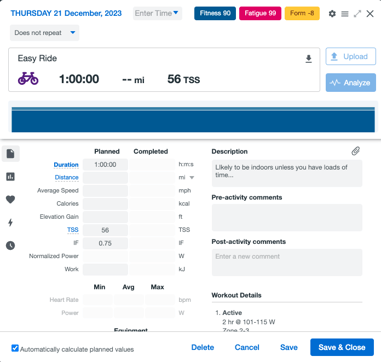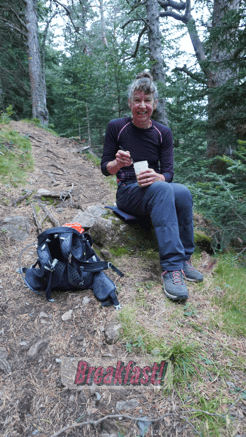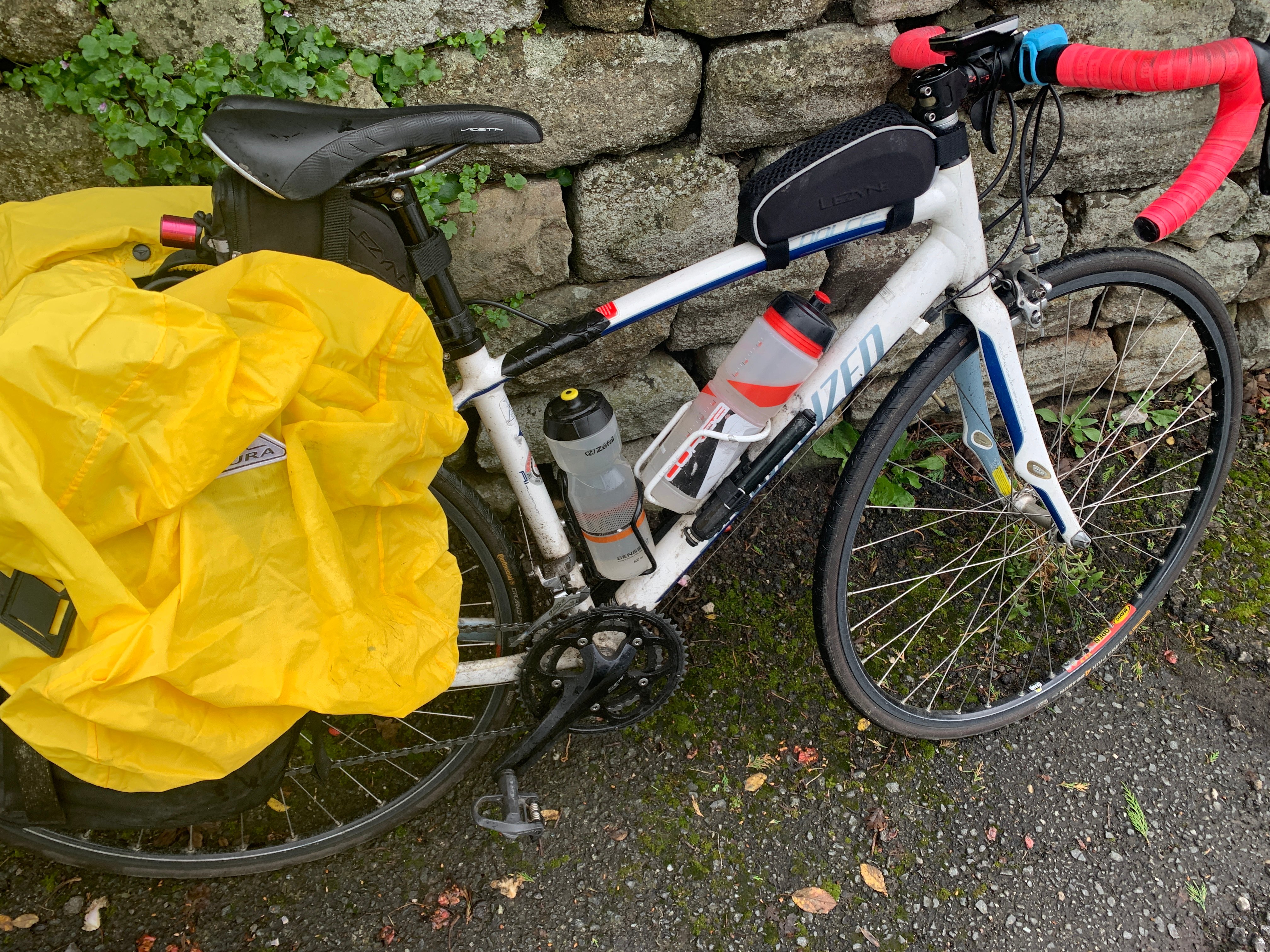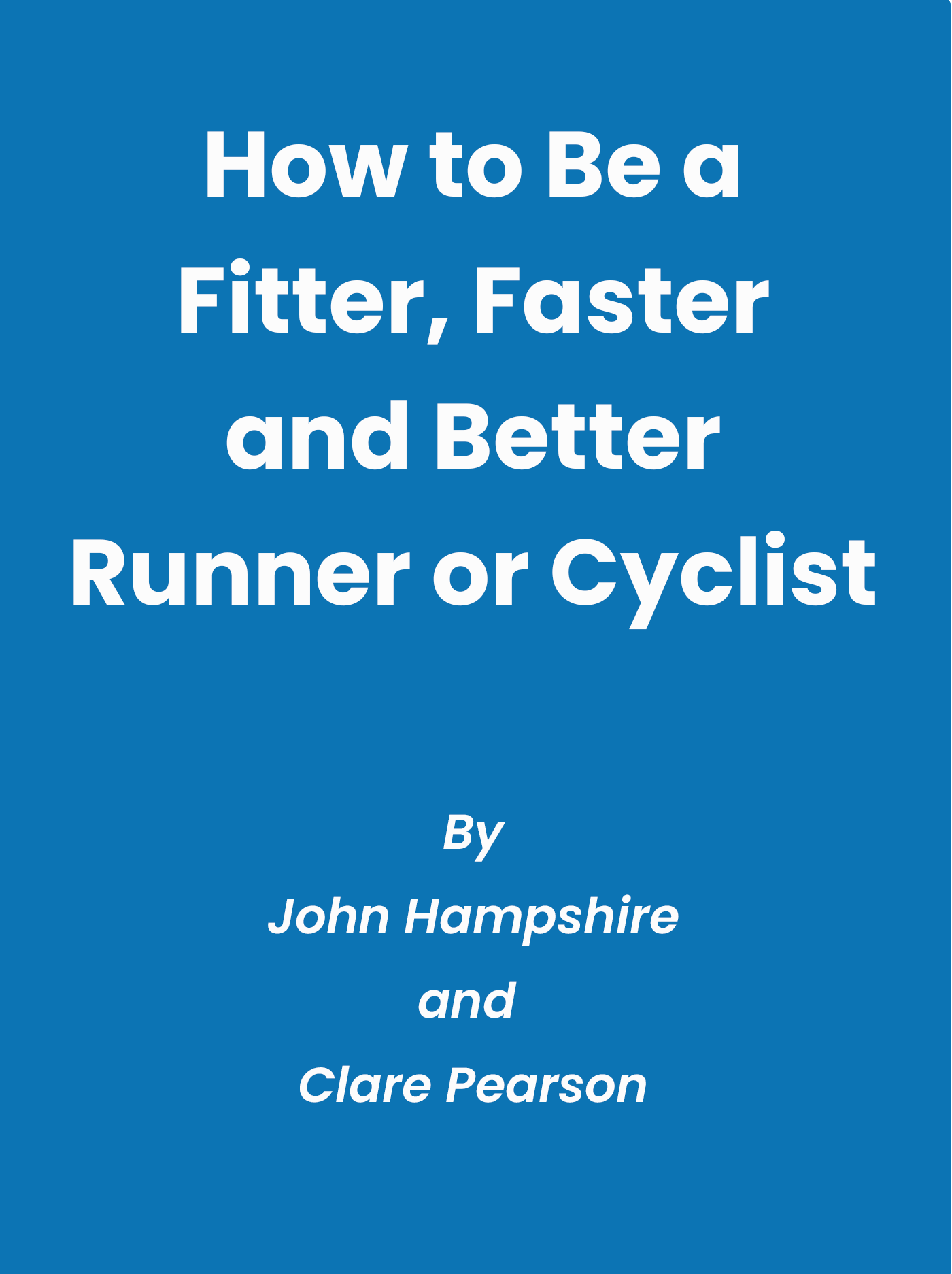How do I Fit Ultra Training into a Busy Life?

Training for an ultra trail or ultra cycling event requires a lot of training and getting the volume in can be tricky if like most of us you have to try and fit this in to a busy life, which includes work, housekeeping and/or being a parent. This can be particularly difficult in the last couple of months of the year when even holidays seem to be taken up with festivities. I thought I'd share a few tips with you that I have learnt both as an athlete and a coach working with busy athletes.
So how do you fit ultra training into your busy life? Here are six tips which in my experience really help:
- Have a good plan
- Develop a routine
- Optimise training
- Be flexible
- Use travel time to train where possible
- Be realistic
Have a plan
 Having a plan is key to any good training, but particularly so when you are a busy. A good plan will not be a training plan in isolation, but a day to day life plan so that your training is planned around your life not in spite of it.
Having a plan is key to any good training, but particularly so when you are a busy. A good plan will not be a training plan in isolation, but a day to day life plan so that your training is planned around your life not in spite of it.
If you plan your training alongside your other life commitments you will easily be able to see if and when you can train and avoid the stress of having to continually rearrange, reschedule or worse cancel.
Applications like TrainingPeaks will now sync with other calendars so that you can see your training plan in your day to day diary and avoid life clashes. They also have ways of adding in when you are available and when availability might be limited, which your coach will definitely find useful if you fill in.
If you need help developing a plan it can be good to chat to an experienced objective person who can help you get the best out of the time you have.
Develop a routine
The busier you are the easier it is to become disorganised and forget things. You can save yourself time and stress by developing a routine which works for you. It may take a few tries to get right but investing time in the early part of your training plan in getting a routine will not only help you but anyone else you live with know when to expect you to be training and when to expect you to be available for other things.
Part of developing a good routine is about developing systems that work; so for example if you train from work in your lunch hour it might make sense to keep your training kit in the car so you don't forget it. Or if you train as soon as you get in from work having the bike ready on the trainer with your kit hanging off it will reduce the steps you need to take to get on the bike and start your session.
Thinking about and applying these micro systems and adapting and improving on them will help keep you to your routine, avoid the stress and reduce the chance of you being distracted from your goal to get training.
Be Realistic
A supervisor of mine who I had a lot of respect for used to say 'you can only work with what you've got.' She was talking about people and what they give in a therapeutic session, but the same adage works equally well for training. There's no point planning to train 20 hours per week when the reality is you only have 7, so when you plan your training be realistic about the time and energy you can give to training.
Planning your training based on time rather than distance can really help with this. For off road events this is a better representation of load in any case, but from a busy person's perspective it is usually far better to plan for the time you have than for miles/kilometres you may or may not be able to complete.

People who plan to do more than they are able usually end up doing less than those who plan cautiously. There is something very demotivating about having a plan where half the sessions are not done because it was just not realistic and something very motivating about getting in an hour's ride on a day when you had thought you might only manage 45 minutes.
For busy athletes we will often plan a training session of 30 minutes but with the option of doing up to 45 'if they have time.' That way there is scope for the possibility of doing more if it is available without the stress of failure. My personal experience is it's usually better to think you have 15 minutes less that you think you do; so if you think you have an hour, plan for a 45 minute session and then if you get in anything above that it's a bonus.
Being realistic might also mean accepting that you are not going to be able to do hours and hours every weekend (from a fitness point of view this isn't always the best plan in any case). Having 1 weekend every 4 to 6 weeks might not only be a more realistic option for those really long endurance rides, but also help you make fitness gains without getting burnt out. In between if you can manage to get in 2 to 3 hours for your endurance session that should be enough.
Optimise training
If you don't have much time to train, the best way to approach training is to try make the training you do as optimal as possible. This doesn't mean that you have to do every session 'all out' but having a goal and purpose for that session and ensuring you train to that purpose will mean every session is optimal. It also means you can clearly see where your key workouts are and (if there are others) which ones you need to prioritise.
Adding some speed work can be a time efficient way to make some decent fitness gains, although it doesn't replace long endurance sessions it will help pull up your fitness markers (mainly your Functional Threshold Power/Pace and your aerobic threshold). Some athletes find that if they are able to train three times per week and they can get adequate rest in between they can support some speed work twice per week leaving the long endurance work for their days off. This usually requires you to have 48 hours between hard sessions.
Optimising training isn't all about what you do when you are training but also what you do in between. These things will cost you little if any extra time and will mean you can come to each session ready to train:
- Get enough sleep (a minimum of 8 hours per night is usually advised).
- Eat well - a healthy well-balanced diet with enough calories to support your training and living requirements.
- Optimise recovery between sessions by resting and keeping off your feet as much as possible, having a good source of carbohydrates and protein within half an hour of finishing your workout.
- Keeping fuelled (up to 90g of carbohydrates per hour) and hydrated during long sessions will also help you recover better.

- Manage your stress - you can't change what life throws at you but you can become better equipped to deal with it; meditating, investing 5 minutes a day in personal development or even just relaxing with a good book 10 minutes before you put the lights out at night will all help reduce your stress levels.
Be Flexible
We can't predict all the intricacies of life and in general life is pretty messy so it helps to be able to be flexible about your training when you need to be. This doesn't mean constantly cancelling sessions because something has come up but thinking practically about the best you can do with the time you now have given x, y or z has happened. You might have wanted to do 90 minutes training and now you only have 45 minutes so do 45, it's still better than nothing.
This is really about being able to think creatively on your feet if your life is particularly chaotic. Often busy people will choose to have a coach because they know they can message and say 'I haven't got 90 minutes today, what do you suggest?' rather than having to work it all out themselves.
For runners it can be particularly easy to be flexible just by having some kit with you at all times - it's relatively light and easy to carry and means if you get stuck somewhere you can run from wherever you are. For cyclists it can be a bit tricky; but if you are cyclist that doesn't mind doing the odd run then it can still be an option for you.
Use travel time to train
If you can fit training into something you already have to do this can be a great time saver and enable you to manage a bit more volume. The most obvious is if you can make training part of your mandatory travel time. Cycling or running to work does require some organisation but it can work really well.

Other options include:
- Cycling with a trailer to the school run (or running there walking back)
- Training while the kids are at football/gym/dance/swimming/music lesson.
- Cycling/running to (and from) a meet up with the family to get your long weekend ride in
- Training in your lunch hour either at the gym or outside as able
- If work is too far away getting the bus/driving part way and cycling/running the rest
- Splitting up training can work for some people who find it hard to create a big block of time in the day but can perhaps find 2 smaller blocks (e.g. half an hour in the morning and 45 minutes to an hour in the evening).
Additional questions?
Can I still get as fit as someone who has more time to train?
Someone with more time is likely to be able to make more fitness gains because, not only are they able to handle more volume, but take more rest and recovery. However , people can make very good fitness gains on less volume and often manage to train more consistently because they can't overdo it and over train...they don't have time!
You might find it takes you a bit longer to build your fitness, but you can still build good fitness over time. They key is to allow for the fact that what might take a person with more time 3 months to achieve might take you 6.
December 19, 2023


Comments